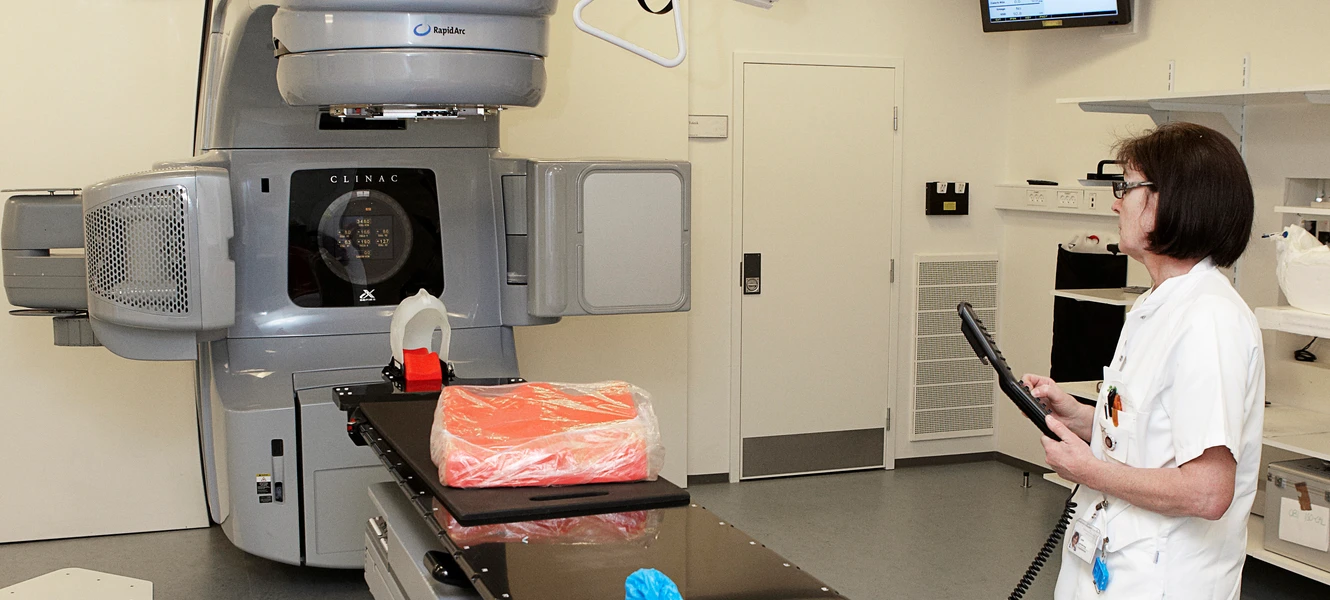
New Danish-German health project
Kolding School of Design will play a key role in a new ambitious project called InnoCan. A project that aims to provide cancer patients with quicker and gentler treatment using the so-called vital signs technology.
InnoCan will set up a trans-border test centre near Næstved Hospital and University Clinic Lübeck that will work closely with the business community. There, Danish and German companies can have their products tested by patients and staff and subsequently approved after which the products will be introduced to the general health care system.
- The centre will make it easier and quicker for companies to access the health market. Today it can take up to 15 years from the time a product is first introduced until it becomes integrated in the health care system. Our goal is to reduce that period to three years, says Niels Henrik Holländer, chief physician at the oncological department at Næstved Hospital.
The red thread through the system
The new technology can potentially change the hospital working procedures and it is important that the staff is well equipped to handle the new technology. InnoCan has considered this.
-It is not uncommon that new clever technology or new organisational models never see the light of day in the organisations or companies that they set out to improve, says Laila Grøn Truelsen who heads the school’s LAB for Social Design and is responsible for Kolding School of Design’s role in the project.
-This is due to the fact that companies fail to include the implementation of the system or the technology in their development plan and eventually, the new initiatives complicate rather than improve everyday routines at the hospitals. To deal with this, InnoCan has decided to include designers in the development process. Designers can include users, introduce systems that reduce complexities and make overall solutions, she ends.
Additional project participants are Odense University Hospital, The Danish Cancer Society and Health Innovation Sealand. From Germany: the university hospitals in Lübeck and Kiel and the cancer register in Schleswig-Holstein.
InnoCan has received DKK 19 million in funds from the Interreg programme Deutschland-Danmark of which DKK 1.26 million go to Kolding School of Design.
Fact
- The total budget is around DKK 32 million, of which approx DKK 19 million are funded by the EU
- The project is supported by Interreg Deutschland-Danmark with funds from the EU Regional Development Fund, the European Commission’s funding programmes for interregional projects
- InnoCan will run for three years
“InnoCan intends to provide cancer patients with quicker and gentler treatment using the so-called vital signs technology.”


